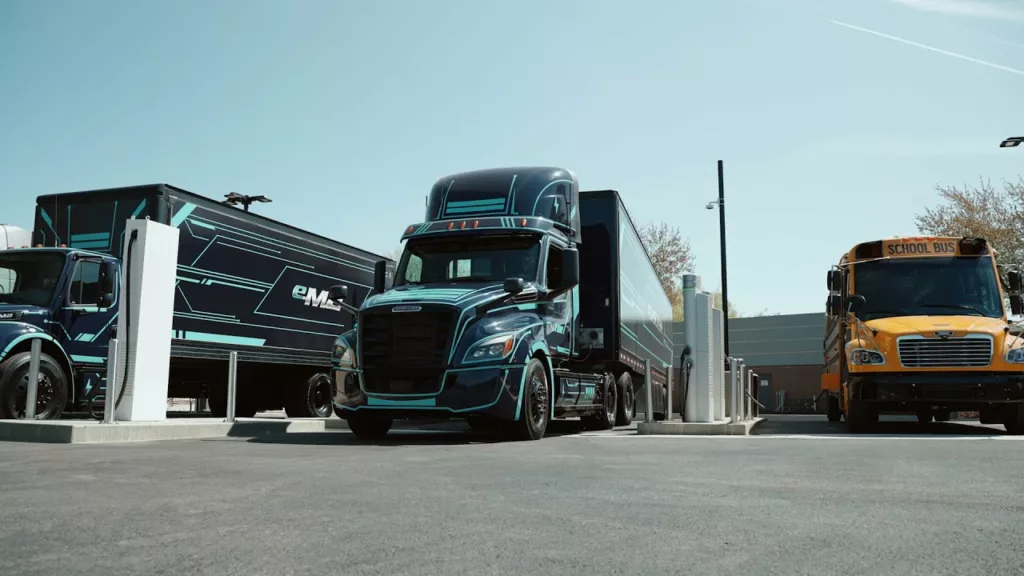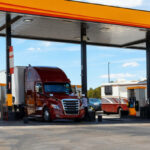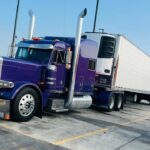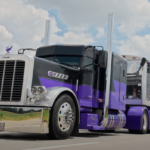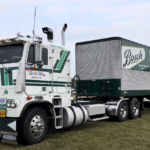A recent report by Roland Berger, released through the Clean Freight Coalition, sheds light on the substantial investment needed for full electrification of the U.S. commercial truck fleet. The study outlines what it terms as a practical plan for building the necessary infrastructure to transition medium- and heavy-duty commercial vehicles to electric power.
According to the report’s key findings:
- To prepare the current commercial vehicle fleet for electrification, the industry would need to invest over $620 billion in charging infrastructure, covering chargers, site upgrades, and electric service enhancements.
- Utilities would also need to invest around $370 billion to upgrade their grid networks to meet the increased demands, solely from commercial vehicles.
- This combined expenditure approaches $1 trillion, not including the cost of purchasing new battery-electric trucks. Market research indicates these can be significantly more expensive, up to two or three times the cost of diesel-powered equivalents.
It’s important to note that Roland Berger, an international consultancy headquartered in Munich, Germany, conducted this research. The Clean Freight Coalition, comprising stakeholders from various transportation sectors, emphasizes the necessity for policymakers to address these substantial costs and infrastructure challenges. They argue that overcoming these obstacles is crucial for ensuring a smooth transition to an electrified supply chain, benefiting the American economy as a whole.
“This study thoroughly examines the issues surrounding the infrastructure buildout necessary to electrify commercial vehicles, and it clearly shows how the heavy-duty vehicle industry’s needs are vastly different not just from other sectors of our economy, but from each other,” said CFC Executive Director Jim Mullen.
Additionally, the study highlights that while medium-duty vehicles may encounter fewer obstacles, significant economic and operational challenges present formidable hurdles for electrifying heavy-duty trucks. Furthermore, the report underscores the necessity for substantial advancements in battery range and charging infrastructure capabilities to facilitate the transition to electric power for long-haul vehicles.
“Electrification means focusing on the vehicle segments that are easier first; it means that we have to look at how fleets operate and potentially adjust; it means that we need better cooperation and planning across industries and governments; and it requires an openness to alternative technology paths to decarbonizing the heavy-duty segment,” said Roland Berger Senior Partner Dr. Wilfried Aulbur. “It also is clear that an industry with a yearly turnover of about $800 billion and a profit margin around 5% cannot invest $620 billion without financial support or a significant increase in freight rates.”

